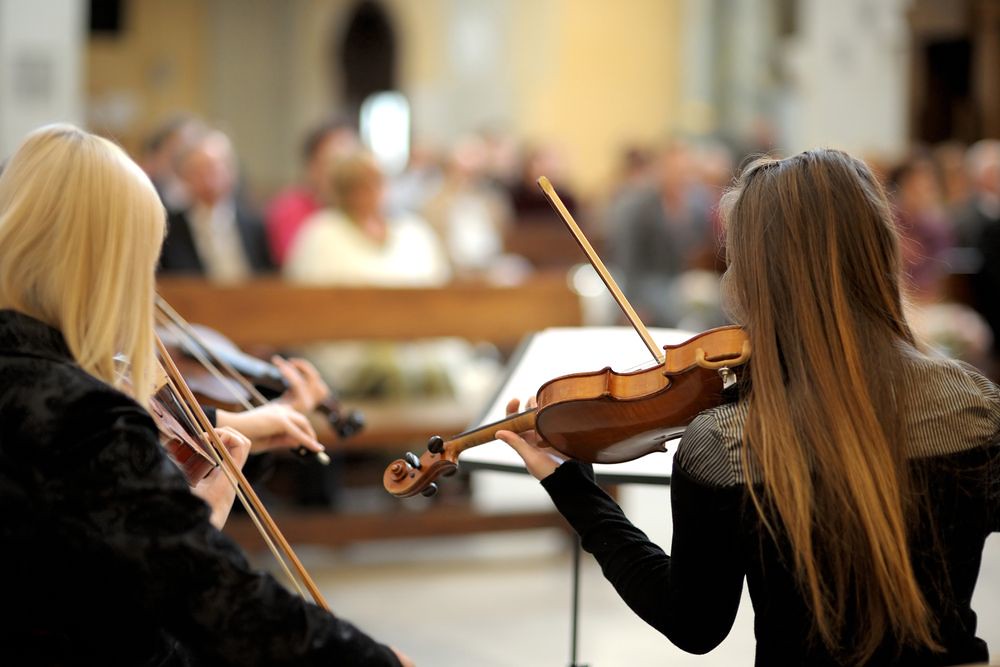 “A musician’s reputation is shaped as much by consistent professionalism (or the lack thereof) as it is by artistry.”
“A musician’s reputation is shaped as much by consistent professionalism (or the lack thereof) as it is by artistry.”
–The Musician’s Way, p. 115
Although we musicians spend vast amounts of time practicing alone, professional music-making is largely a collaborative art form: for the most part, we rehearse, perform, record, and tour collectively.
Not surprisingly, then, cultural norms have arisen among professional musicians.
Performers who abide by those norms thrive. Those who don’t wind up unemployed.
It’s vital, therefore, that aspiring artists understand and live by the following professional standards of conduct.
The 4 Pillars of Professionalism
I distill professionalism into 4 elements: Punctuality, Preparation, Courtesy, and Integrity.
Here are ways that collaborating musicians can reinforce those elements during and outside of rehearsals.
Punctuality
- Arrive early. If a rehearsal is scheduled for 7:00 p.m., that’s when the first downbeat occurs. Before that time, all of the musicians should be set up and warmed up.
- Work efficiently. Rehearse at a pace that enables you to achieve all of your musical objectives in each session. To that end, plan in advance, shirk irrelevant conversation, and stay on task.
- Finish on time. Wrapping up on-schedule strongly supports your professional culture. But before you disperse, set goals for subsequent rehearsals, and confirm when and where you’ll meet next.
Preparation
- Master your part. Pace your individual practice such that you’re ready to play or sing your part with ease.
- Grasp the whole. Prior to an initial rehearsal, listen to recordings, study scores, and get to know an inclusive composition and how your part fits within it.
- Report under-preparation. If an illness, accident, or other unforeseen circumstance undermines your rehearsal preparation, promptly report it to your colleagues ahead of your meeting so that your rehearsal plans can be amended.
- Keep yourself and your gear in shape. Avoid preventable problems by maintaining a healthy lifestyle, carrying spare parts such as strings, and performing regular maintenance on your instrument.
Courtesy
- Employ businesslike manners. Although some of your musical colleagues might also be your friends, adopt professional speech and work habits as you rehearse, and save personal exchanges for breaks.
- Be open and positive. When working in egalitarian groups, try out each other’s interpretive ideas and otherwise establish an environment that supports creativity.
- Reply promptly to messages. Collective decision-making depends on timely communication, so never put off responding to ensemble-related inquiries. And consult all members before you make decisions that affect a group.
Integrity
- Be true to your word. Unfailingly carry out your responsibilities.
- Manage money honestly. If you oversee finances, keep open records and distribute payments promptly.
- Help each other succeed. Build trust and camaraderie through supporting each other inside the rehearsal studio, on stage, and beyond.

Related posts
4 Rehearsal Challenges and Ways to Overcome Them
12 Questions for Prospective Bandmates
Handling Criticism in Rehearsals
Helping Each Other Succeed
Ten Tips for Collaborating Musicians
© 2011 Gerald Klickstein
Photo © MNStudio, licensed from Shutterstock.com
